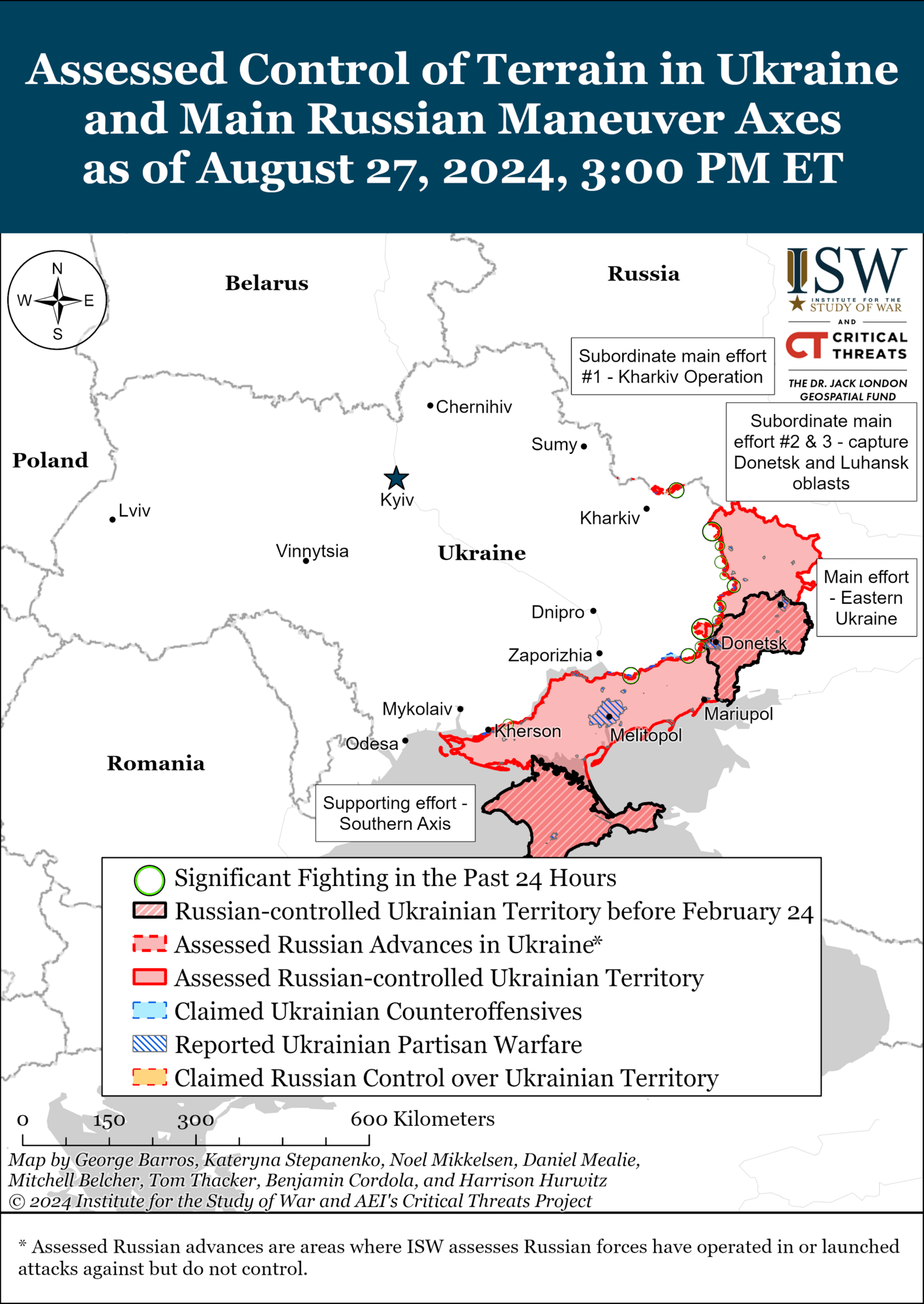War in Ukraine
"Quality trumps quantity": the war in Ukraine may end in an "unpredictable way," - American generals
Ukrainians are showing NATO what war will look like in the future. And the Russian war against Ukraine "could end in an unpredictable way." To break the deadlock, the Ukrainian state and its allies should quickly innovate in both technology and tactics.
This was stated by retired American generals and other participants in a discussion at the American Security Project think tank, Voice of America reports. According to them, Ukraine's actions in confronting Russia, in particular its innovation, demonstrate to NATO countries how wars will develop in the future and provide valuable lessons on how to counter aggression.
The discussion focused on the future of NATO after Russia's war against Ukraine.
According to the organizers of the discussion, although the Alliance has been working on the concept of a strategic vision for its future (NATO 2030 initiative) for many years, the reality of the war in Ukraine can "dictate very different paths for the future of NATO" and it "may end in an unpredictable way."
"During the war in Ukraine, you can see a real technological revolution. I think we are learning a lot from the Ukrainians, they are great leaders, including President Zelensky's announcement of the successful test of Ukraine's first ballistic missile," said Matthew Wallin, chief operating officer of ASP, an expert on national and nuclear security strategy and US-Russia relations.
Wallin also drew attention to a recent statement by former Chairman of the Joint Chiefs of Staff Mark Milley , who believes that the emergence of autonomous capabilities in warfare, capable of controlling a huge number of UAVs, is changing the military of today.
"War has always stimulated innovation. But today's changes are extremely fast, and they will have a much greater effect. Future wars are no longer about who can gather the most people or supply the best airplanes, ships and tanks. Instead, they will be increasingly dominated by autonomous weapons systems and powerful algorithms," Millie wrote in an article co-authored by Foreign Affairs.
In addition, Milley warned that "unfortunately, this is a future for which the United States remains unprepared."
"Its jets, ships, and tanks are not equipped to defend against a drone onslaught. The military has not yet embraced artificial intelligence. The Pentagon does not have nearly enough initiatives to address these shortcomings, and its current efforts are moving too slowly."
According to Millie, the Russian army has sent many AI drones against Ukraine. And China has announced its largest military restructuring in nearly a decade, with a new emphasis on building a technological force.
"If the United States wants to remain the world's leading power, it will have to change course quickly. The country needs to reform the structure of its armed forces... And it needs to better train soldiers to operate drones and use artificial intelligence," Milley emphasized, referring to the experience of the war in Ukraine.
If America fails to lead this revolution, "attackers equipped with new technologies will eagerly try to attack the United States and may succeed," he adds.
Retired U.S. Army Lieutenant General Douglas Lute voiced another remark to the U.S. authorities in the context of the war in Ukraine.
"American leaders sometimes pat each other on the back about how much we've done, but that needs to be measured in terms of how much Ukraine needs, not how much we've provided," he says.
Lyut adds: "Ukraine has shown that it is first and foremost a responsible military partner for the United States and other allies.
During the discussion, the participants agreed that one of the main lessons from the war in Ukraine was that "quality trumps quantity."
And the qualitative factors of conventional warfare should include the ability to innovate , as well as issues of morale, discipline, motivation and leadership, said Matthew Wallin.
He also noted that Ukraine and Russia have similar technological capabilities, which has led to a deadlock.
For example, neither side can achieve air superiority because of the enemy's powerful air defense, and UAVs on an unprecedented scale "provide unprecedented intelligence capability available to both sides."
"To break the stalemate, Ukraine and its allies must rapidly innovate in both technology and tactics. Without a renewed spirit of innovation motivated by this war, the United States and its allies around the world will be unprepared to win the next conflict," Wallin says.
He also emphasizes that the innovations that the US has not been developing for a long time due to "complacency with existing military capabilities" can ultimately prepare the country for a potential direct conflict with China.
As reported by OBOZ.UA, earlier the American newspaper The Washington Post concluded that the Ukrainian Armed Forces' offensive in Kursk region exposed the illusory "red lines" of Russian dictator Vladimir Putin and showed his passive reaction, which is in sharp contrast to the Kremlin's rhetoric at the beginning of the full-scale invasion of Ukraine.
The other day, Ukrainian President Volodymyr Zelensky said that Putin was spending billions on the war, which he had received from trade with India, China, and Arab countries, and if Russians felt they were being robbed, they would begin to "push" the Kremlin leader to peace.
Vadym Sukharevskyi, the commander of the Unmanned Systems Forces of the Armed Forces of Ukraine, predicted that all future wars will be wars of robots (UAVs). According to him, the process of "separating fire from soldiers" is already underway and will be completed in the near future.
Only verified information is available on the OBOZ.UA Telegram channel and Viber. Do not fall for fakes!




























